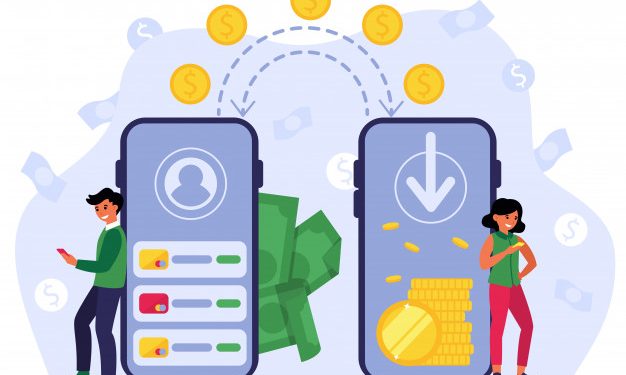Occurrences of fraud utilizing peer-to-peer (P2P) payment apps such as PayPal, Venmo or Zelle continue to rise while also escaping regulatory oversight because of distinctions in how the transactions are authorized. The Regulatory Review’s Andrew Kliewer writes further:
“This increasingly common scenario reveals a critical distinction in what consumer protection law considers to be an “unauthorized transaction.” When thieves hack consumers’ accounts or steal their phones and transfer money, the Electronic Fund Transfer Act (EFTA) considers the resulting transactions to be unauthorized and requires banks or payment services to refund them.
But in instances where scammers trick individuals into authorizing payments themselves, Regulation E, which implements the EFTA, does not protect the payments. This subtle distinction marks the difference between an easy refund and the loss of thousands of dollars for victims of fraud.”
Financial Institutions currently are insulated from refunded transactions, where the victim authorized payment through a fraudulent trick, creating customer service conflict between the individual, the P2P app, and the financial institutions. In cases with products like Zelle, which are supported directly from the financial institution, the FI and App operate as essentially the same entity in the view of the payer, heightening the sense of service due to rectify the situation on behalf of the customer.
Mercator Advisory Group research shows that P2P providers rank near the bottom of their peers in terms of customer service surrounding fraud occurrences, likely because of the limited regulations surrounding customer authorized transactions, even when that transaction was spurred by deceptive acts. The dissatisfaction occurs with the larger group and these actions occur industry wide as my colleague Sarah Grotta reported this spring, although Zelle continues to get a larger share of criticism. The growth of P2P transactions and subsequent fraud is creating a groundswell of support to increase the powers of Regulation E to cover more ground in the sector, as Kliewer reports:
“In short, the features of P2P apps that make them successful—convenience and speed—also make them susceptible to scams. This vulnerability has led some consumer advocates to call for the CFPB to update Regulation E to include under the definition of unauthorized payments instances where thieves trick or coerce victims into making P2P payments.”
The expansion of Regulation E can bring positive and negative changes for both providers and consumers. While increased regulation can help consumers gain additional security, it could also lead to steps that make P2P transactions more burdensome, taking away the natural advantages of speed and simplicity that have supported systemic growth. Kliewer highlights the potential for abuse if consumers can request chargebacks for transactions spurred by bad actors. In this case, rectifying one kind of fraud could result in an increase of other fraud activities, but having bad actors make legitimate payments and then make a claim. The article explains further that these scenarios can result in creative actions by P2P providers to be more preventative:
“Expanding Regulation E’s coverage could, however, prod P2P payment providers to help prevent fraud in the first place. Experts point to several steps these companies could take to tamp down on fraud, such as encouraging users not to share their usernames publicly and providing customer support hotlines. If P2P payment providers were on the hook for fraudulent activity, they may have more incentive to take such preventative actions.”
The clear implication of the current lack of regulatory coverage and tools available to assist consumers is that there will be actions on one or both sides of the spectrum due to the sheer magnitude of P2P transactions occurring and the attention that brings to the industry when fraud goes undeterred.
Overview by Jordan Hirschfield, Director of the Prepaid Advisory Service at Mercator Advisory Group.









